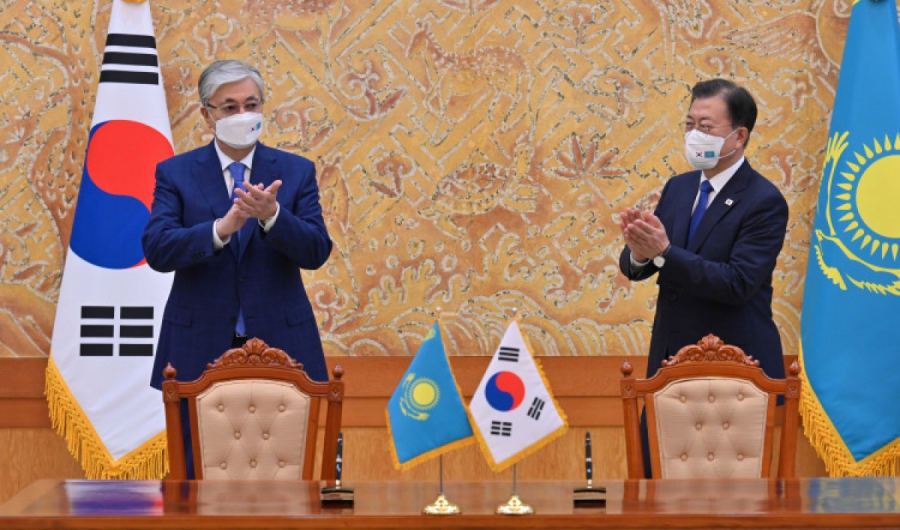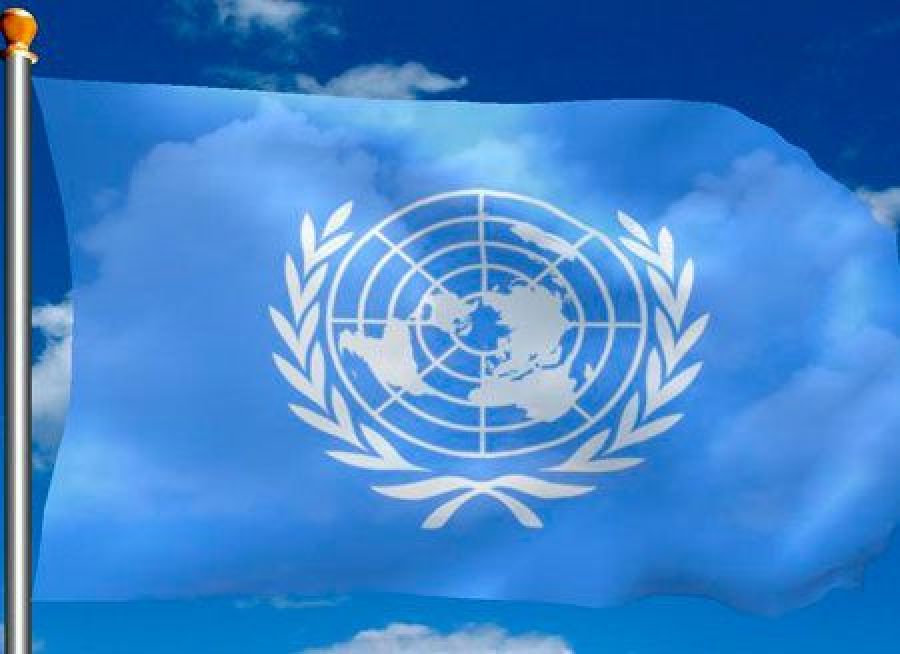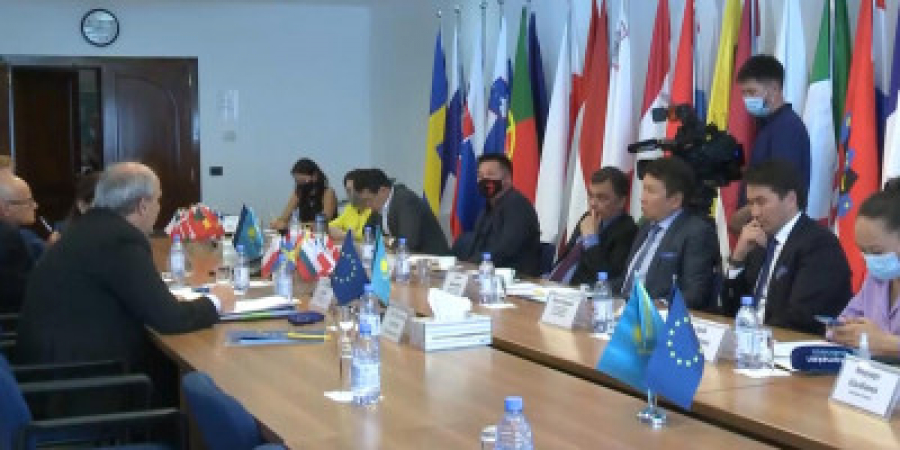
Kazakhstan has completed a
significant stage of socio-political transformation announced by President
Kassym-Jomart Tokayev early last year. Governors of 42 districts and mayors of three
cities of regional significance in 17 regions of Kazakhstan were elected on
November 5. Such reforms lead to the democratization of society and decentralization
of authority, as noted by Aidos Sarym, a member of
the Mazhilis, a Lower House of the Kazakh Parliament. According to him, the
changes are giving rise to new principles of the public administration system
and fundamentally reshaping the nature of the relationship between the state
and society, as Kazakh citizens can now directly influence the development of
their settlements.Начало формы
“This is an entirely new power
structure, completely new relationships, since the governors, although
indirectly elected, will primarily focus on issues such as obtaining more
funding and attracting investments to the region, ensuring legality, and
coordinating the activities of such state bodies as the Interior Ministry, the
National Security Committee, and others. We hope that in the future, during the
presidential term, we will manage to conduct at least two election campaigns in
the Maslikhats and elect local authorities twice. In this time, we should form
such a political culture where people will make an informed choice,” said Sarym.
This is only part of the
implementation of the reforms outlined by Kazakh President Kassym-Jomart
Tokayev in his election campaign, the Mazhilis member notes. However, there is
already a clearly established institutional foundation for the progressive
development of the country and its economy, leading to the growing prosperity
of Kazakh citizens. The presidential elections, which were held a year ago,
launched an electoral cycle that significantly renewed the composition of both
Houses of the Kazakh Parliament and Maslikhats.









